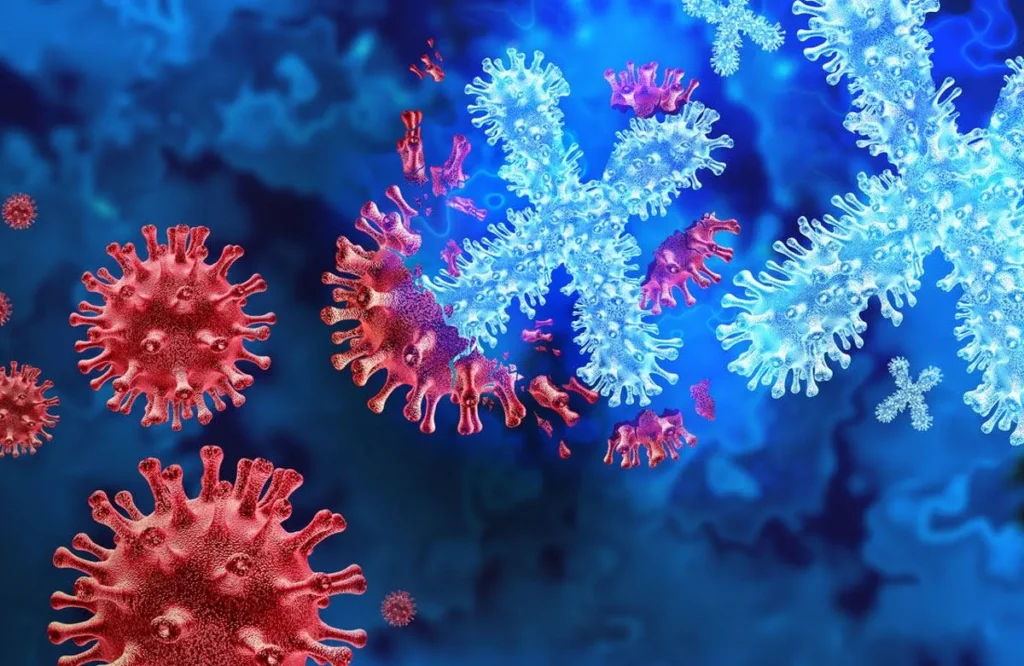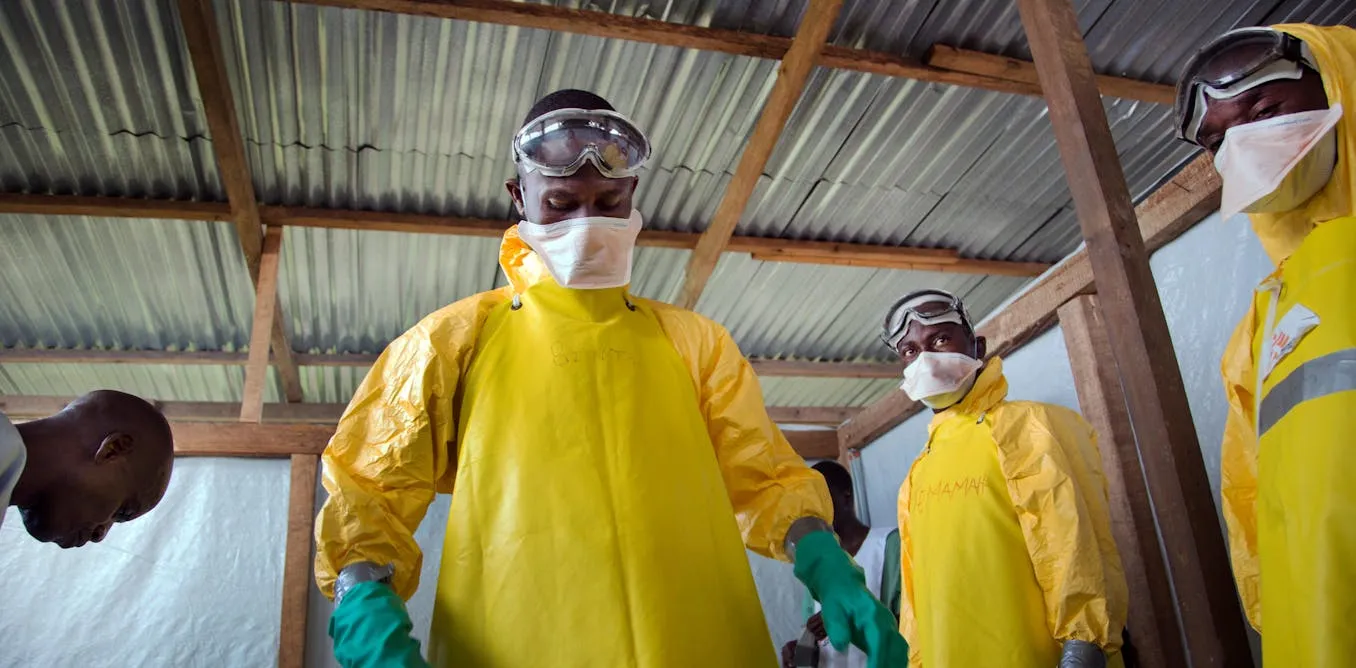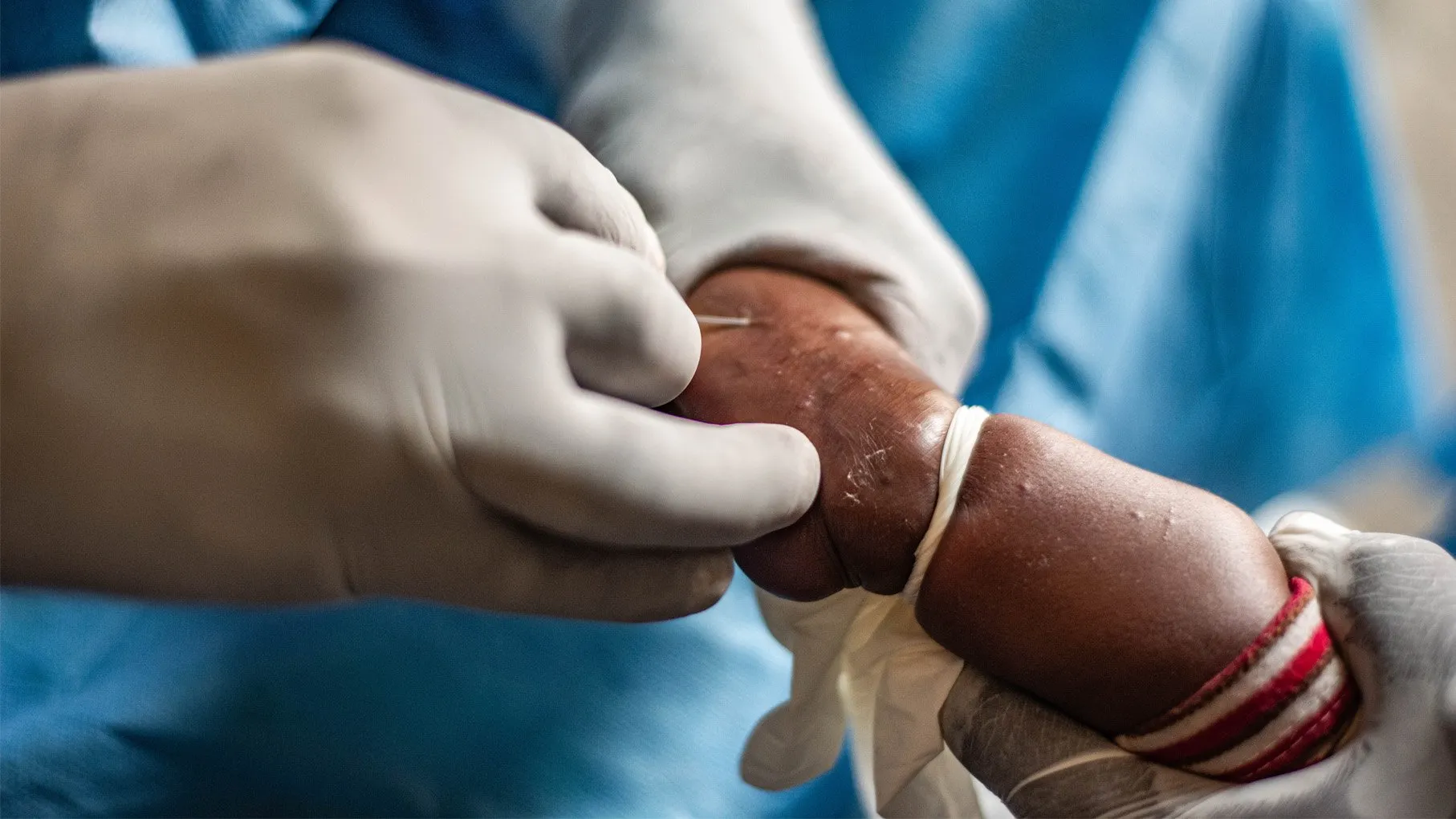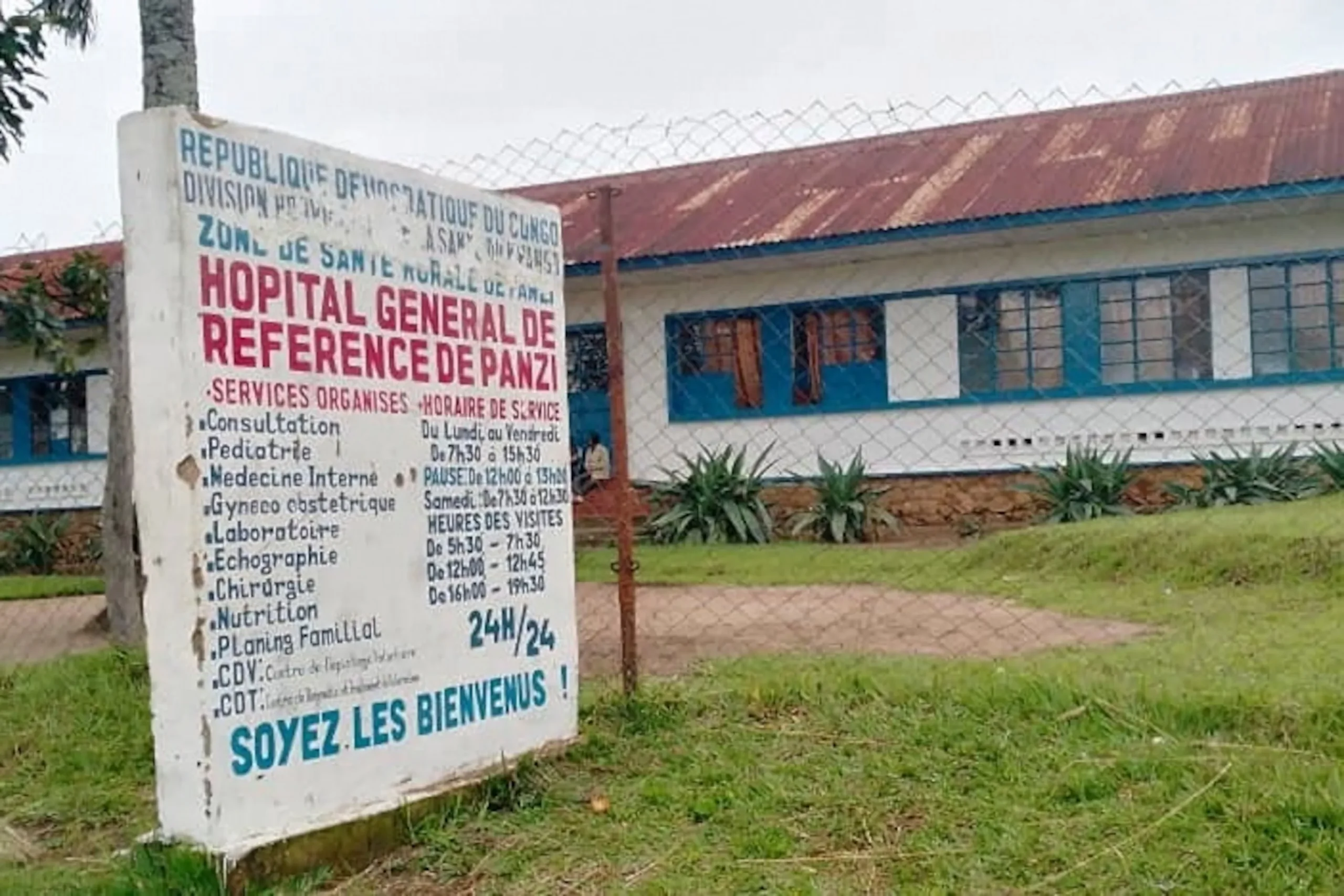
In the remote Panzi region of the Democratic Republic of Congo (DRC), a mysterious and deadly outbreak is causing alarm. Termed “disease X” by the Africa Centers for Disease Control and Prevention, this alarming health crisis has already claimed the lives of at least 31 people, primarily malnourished children under the age of five. The World Health Organization (WHO), which has been closely monitoring the situation, reports a troubling rise in cases with over 400 affected individuals across Kwango Province, located approximately 435 miles southeast of Kinshasa, the country’s capital.
The outbreak, first identified in October, has unfolded rapidly, with the WHO deploying rapid response teams to unravel the cause and contain the spread. These teams are on the ground, collecting samples, and investigating transmission dynamics amid challenging conditions exacerbated by the region’s remoteness and ongoing rainy season.

The Challenges of Containing an Outbreak in a Remote Region
Kwango Province’s remoteness, combined with a lack of functional healthcare infrastructure, complicates the response efforts. The WHO noted that the area is “about 48 hours by road from Kinshasa,” with no functional laboratory facilities and limited communication capabilities. These logistical challenges are compounded by the threat of armed groups and a high prevalence of malaria, which may be contributing to the severity of the outbreak.

The Search for Answers and International Concerns
As the WHO and local health authorities scramble to understand “disease X,” several potential causes are being considered, including acute pneumonia, influenza, COVID-19, measles, and malaria, with malnutrition as a significant aggravating factor. The clinical presentation of the disease—characterized by fever, headache, cough, runny nose, and body aches—suggests a respiratory infection, but the exact pathogen remains unidentified.
Despite the localized nature of the outbreak, there is international concern regarding the potential for cross-border transmission, especially given the DRC’s proximity to Angola. Although the WHO currently assesses the global risk as low, the situation underscores the ever-present threat of emerging infectious diseases and the global implications they can carry.

The crisis in the DRC highlights critical issues related to global health security, particularly in regions vulnerable to infectious diseases due to geopolitical and infrastructural challenges. As the international community watches closely, the ongoing efforts to control and understand “disease X” are a stark reminder of the importance of preparedness and rapid response in the face of emerging health threats.
The plight of Kwango’s residents and the heroic efforts of health workers on the ground serve as a sobering testament to the complexities and urgencies of global health challenges in the 21st century. As investigations continue and more information comes to light, the global health community remains on alert, ready to assist and respond to whatever “disease X” may unfold.
